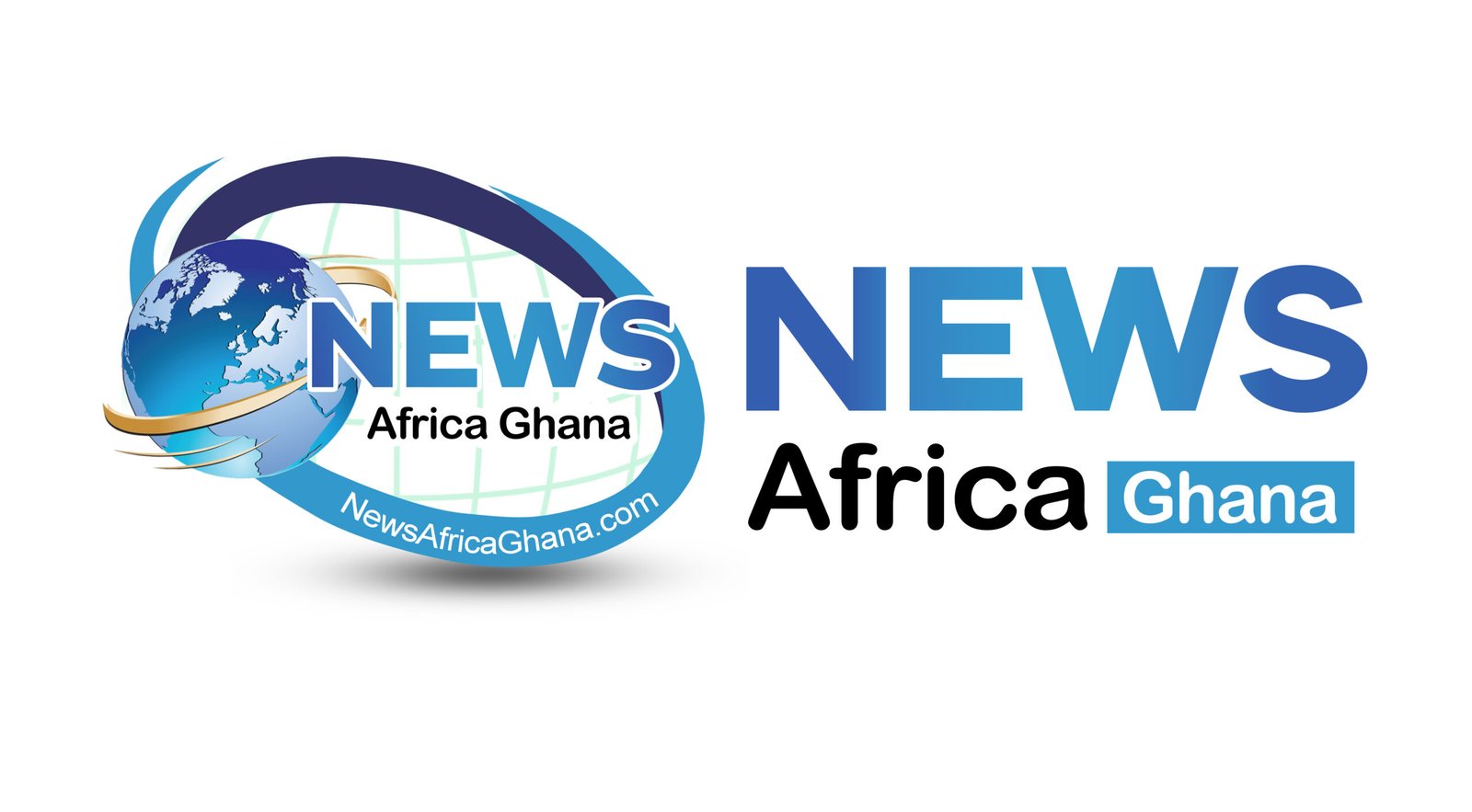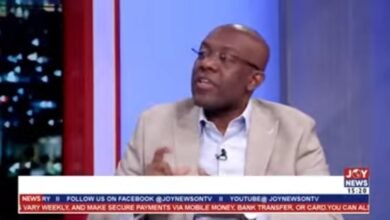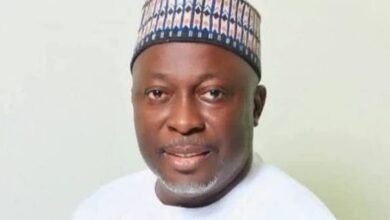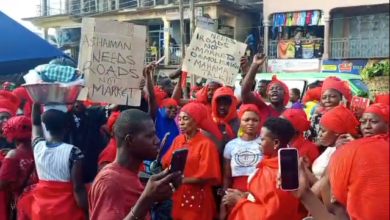GoldBod’s $4bn Breakthrough Validates Mahama’s Vision for Mining Sector – Sammy Gyamfi

Chief Executive Officer of the Ghana Gold Board (GoldBod), Sammy Gyamfi, says the unprecedented gains in Ghana’s gold sector are a direct result of former President John Dramani Mahama’s visionary reforms—notably the establishment of a centralized authority to regulate gold trade and exports.
Speaking at the Mining In Motion Summit on Monday in Accra, Mr. Gyamfi revealed that GoldBod’s regulatory interventions have already added approximately $4 billion to Ghana’s foreign exchange reserves between February and May 2025—a feat he described as a game-changer for the country’s economy.
“For years, Ghana’s gold potential was sabotaged by a fragmented and poorly regulated trading system,” he noted.
“We had a situation where a country rich in gold was like a butcher starved of protein.”
He said this long-standing issue has been reversed under the centralized framework pioneered by President Mahama.
“Thankfully, this hurdle is now a thing of the past—thanks to the visionary President of our dear nation, John Dramani Mahama, who conceived the idea of the Ghana Gold Board to save a promising sector that had been bleeding.”
Historic Export Milestone
According to Gyamfi, GoldBod exported 41.5 tonnes of gold from the artisanal and small-scale mining (ASM) sector over the four-month period, generating an estimated $4 billion in export revenue for the Bank of Ghana. In May alone, the country exported 11 tonnes, valued at $1.172 billion.
“This is the first time that gold exports from the artisanal small-scale mining sector have exceeded those from large-scale mining,” he revealed.
“That tells you the massive turnaround this reform is creating.”
He credited the success to a combination of stringent regulatory enforcement, nationwide gold aggregation systems, and improved monitoring mechanisms.
“We tightened regulatory controls, launched a decisive crackdown on gold smuggling, and deployed aggregation systems across the country. Today, we’re able to mop up over 90% of ASM gold,” he said.
GoldBod’s Central Role
Mr. Gyamfi emphasized that GoldBod is now the sole legal buyer and exporter of artisanal gold in Ghana, taking over the mandate previously held by the Precious Minerals Marketing Company (PMMC).
“No one else has that mandate. GoldBod is the central state agency legally responsible for regulating, buying, assaying, refining, and exporting gold—supporting forex generation and boosting Ghana’s gold reserves.”
He hailed the GoldBod as a cornerstone of “a new era of leadership, regulation, and transformation,” crediting President Mahama’s foresight for setting the country on a path to sustainable economic gains.
Technology and Transparency Ahead
Looking to the future, Gyamfi announced that the GoldBod will roll out a digital traceability system before the end of 2025.
“Every gram of gold will be traceable—from mine to market. This will enhance transparency, improve market access, and increase the international value of Ghana’s ASM gold.”
Open Call to Investors
He also extended an invitation to international investors to engage legally with the GoldBod for gold trading, refining, and jewellery production opportunities.
“Foreigners are not permitted to buy gold directly from the local market. However, they are welcome to partner with licensed Ghanaian aggregators or apply to establish refineries and jewellery factories.”
He stressed that all participants in Ghana’s gold value chain are subject to rigorous due diligence, responsible sourcing standards, and oversight from both the GoldBod and national financial intelligence agencies.
“We are serious about traceability, anti-money laundering, and counter-terrorism financing,” he said.
“As President Mahama rightly noted, artisanal miners are not enemies of the state. When properly trained and supported, they can be allies of development.”
A Turning Point for Ghana’s Economy
The CEO’s remarks reflect a broader shift in Ghana’s approach to resource governance and macroeconomic stability.
“With over $4 billion in foreign exchange unlocked in just four months, the vision is clearly working,” he concluded.
Credit: Abubakar Ibrahim




